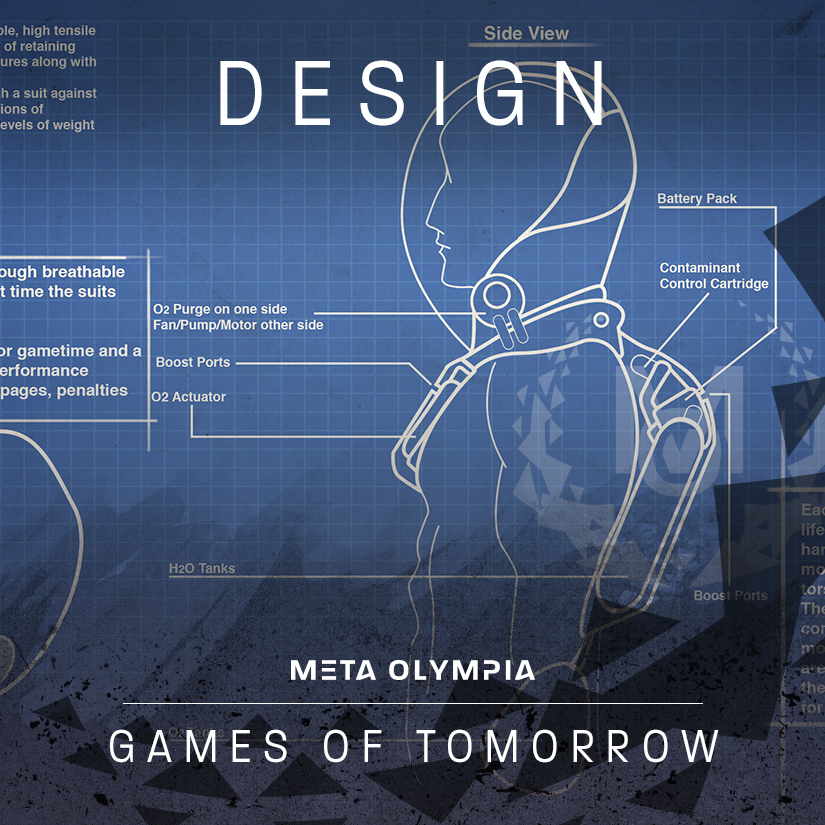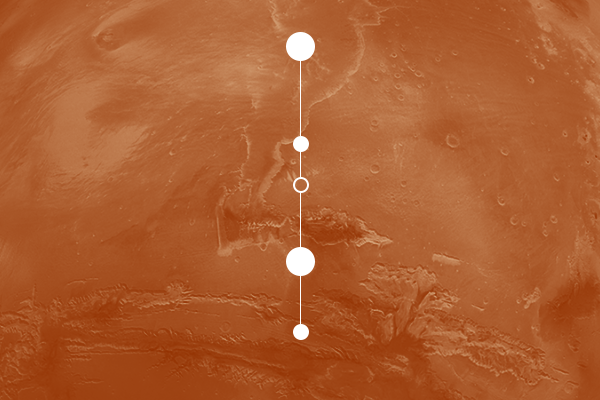Martian-born Humans
/The first natural conception and birth on Mars occurred in 2039. The infant survived for 36 sols.
Dedicated research programs focusing on fertility and genetic modification began on Earth in the in 2030 on Earth, however, it took several years after colonization before progress was made with off-Earth child birth.
Mary Janet Backer was born in 2040 and represented the first official human born on Mars. With a cocktail of genetic editing and prenatal care, the viability of proliferation of the species in off-Earth environments. Prior to Mary, there were more than a dozen miscarriages and still births.
The programs vary slightly from colony to colony, however, there is consolidated ongoing research and study genetics and bio engineering in the attempt to accelerate healthy adaptation to Mars' challenging conditions.
2047 marked 100 local births. Since that time, encouraged by many colonies, there has been a 'baby boom' that has contributed between 1 and 1.5% organic growth compared with the 3% annual immigration cap.
In 2078, the local born population accounted for 18.5% of the overall population, or 19,000 colonists.
Issues
Though genetic modification and bio engineering has enabled a thriving 1st generation on Mars, it is not without problems. The programs are continually challenged to address side-effects as well as improve outcomes. There is also a lack of consistency in the range of modifications parents have consented to.
In addition to physical traits and function, psychological factors are another significant area of concern for the next generation. Mental health issues for inbound colonists from Earth differ greatly from those born on Mars. With the 1st generation only in their 20s and 30s and growing up in different colonies, there are yet to be conclusive trends.
Controversies
How much change and the parameters of genetic alteration has been an ethical and philosophical debate. The need for genetic intervention to survive is accepted, but how far alterations should be made is hotly contested.
The 1st generation, in particular, have grown up under constant monitoring and study, which some have accused researchers of treating them as 'lab rats'.
The Drift Generation
Some of the Western Colonies have coined the term 'Drift Generation' for those born 2055 and onward. Unlike those born earlier, this group has demonstrated greater dissatisfaction with colony life and the lack of freedoms afforded to their Earth-born counterparts.
Restrictions
Unlike temporary worker or migrants from Earth, most born on Mars do not have recognized status to travel to, or visit, Earth. With the exception of Huacheng, where offspring of Chinese nationals are recognized citizens of China, most Earth nations have unclear policies with respect to allowance of entry of Martians. To-date (2078), no martian-born human from any colony has set foot on Earth.















